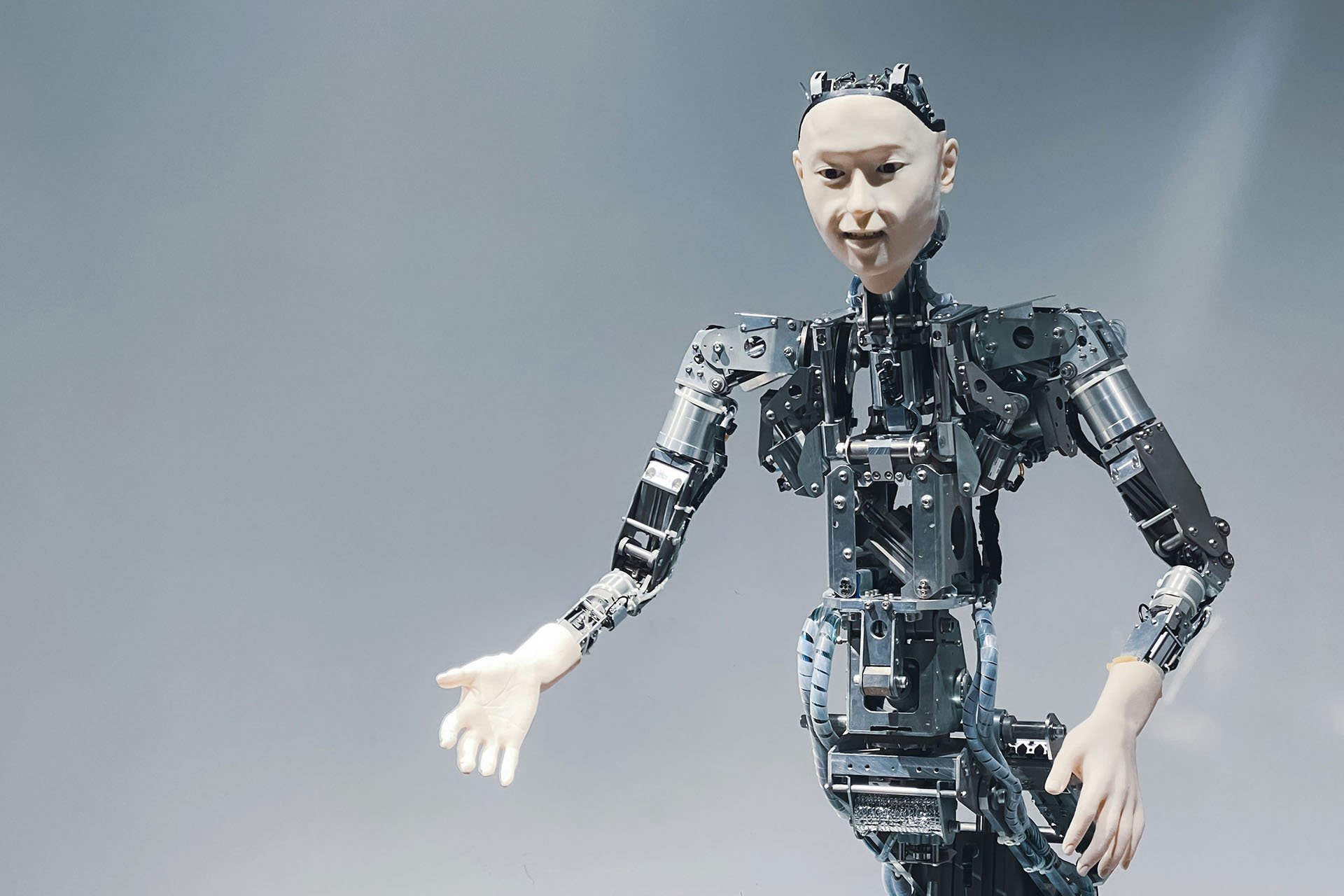
Thoughts
I write a lot. Essays. Articles. Blog posts. All of them sharing what I’m thinking about. Maybe you think about these things, too.

Get Your Wheels on the Ground
My first drafts are a mess. I have an occasionally faulty memory, and so nothing exists in my world until it’s written down. Because of that, I have all sorts of ideas I throw into the mix of a first draft. Some won’t stay the course. Some are frankly contradictory to other ideas I slammed down elsewhere in the manuscript. A few take on the glitter of inspiration and stay in place through publication.

How (Maybe) to Publish Your Work
Language is communication, and stories tell us where we’ve been and—at their best—where we’re going.

The Story's The Thing
I’m always talking about how the stories we tell and the stories we read or hear or view both reflect and shape who we are. Usually I’m talking about enlightenment—learning something about ourselves, delving into issues such as pain or love or agency. But sometimes, the stories teach us facts.

Writer's Block as Liminal Space
Something caused us to stop writing—out of ideas, out of time, out of flow, out of inspiration—and we’re finding it difficult to re-enter the zone, to reconnect with the love.

Is Technology Leaving Readers Behind?
As writers, one of our obligations, I think, is to be the vehicle that enables readers to ask these questions in a safe fictional space. Raising the questions in fiction doesn’t make them any less real, or any less urgent, or any less difficult, but it serves the same function as fairytales and horror stories, the option of experiencing fears without also experiencing immediate and life-threatening danger.

Why Women Like Murder Mysteries
We like to see justice done, especially when we perceive that the real world isn’t playing fair with us.

Is AI the Beginning or the End?
I’m not worried—yet. AI can’t do what I can do—yet. Computers can’t just create stories in a void; instead, they’re given a massive number of exemplars—works that are similar to what the computer is tasked to create—which is then broken down into data. AI reads the data using statistical algorithms to recognize patterns and relationships.

Fiction in a Time of “Alternative Facts”
And I wonder, sometimes, if playing the fiction card relieves us—readers and writers alike—from the storyteller’s responsibility, the obligation to observe and reflect a culture, a society, a time.

When Lives and Literature Are Inconsistent
How do we regard artists whose contributions are significant, and yet whose public views on other people are questionable at best and scathingly horrible at worst?

Wait, You’re Doing WHAT?
You locked the door to your house carefully when you went out. You come home after dark and find the door mysteriously cracked open and darkness within. What do you do?


Why Read About Murder?
We mystery readers really, really like to read about death. Suspicious deaths, orchestrated deaths, clever deaths, carefully planned deaths. What is up with that?

Is Fiction a Lie?
The fact that these truths are wrapped up in a story is what gives them power. It contextualizes them and shows, sometimes dramatically, what they mean to us.

Lose Yourself in a Story—And Find Someone Else
So—read fiction. Read lots of fiction. Read about life on imagined planets and life in 12th-century France. Read about people who build castles and people who are driven to madness. Read about good people, broken people, strong people, evil people.
They’ll all make you a better person. Promise!

Finding Stories by Excavating the Past
There’s nothing more annoying than reading a novel and coming across a glaring mistake—it makes you lose trust in the writer. So it’s always been important for me to create fiction that nestles inside fact, so to speak.
